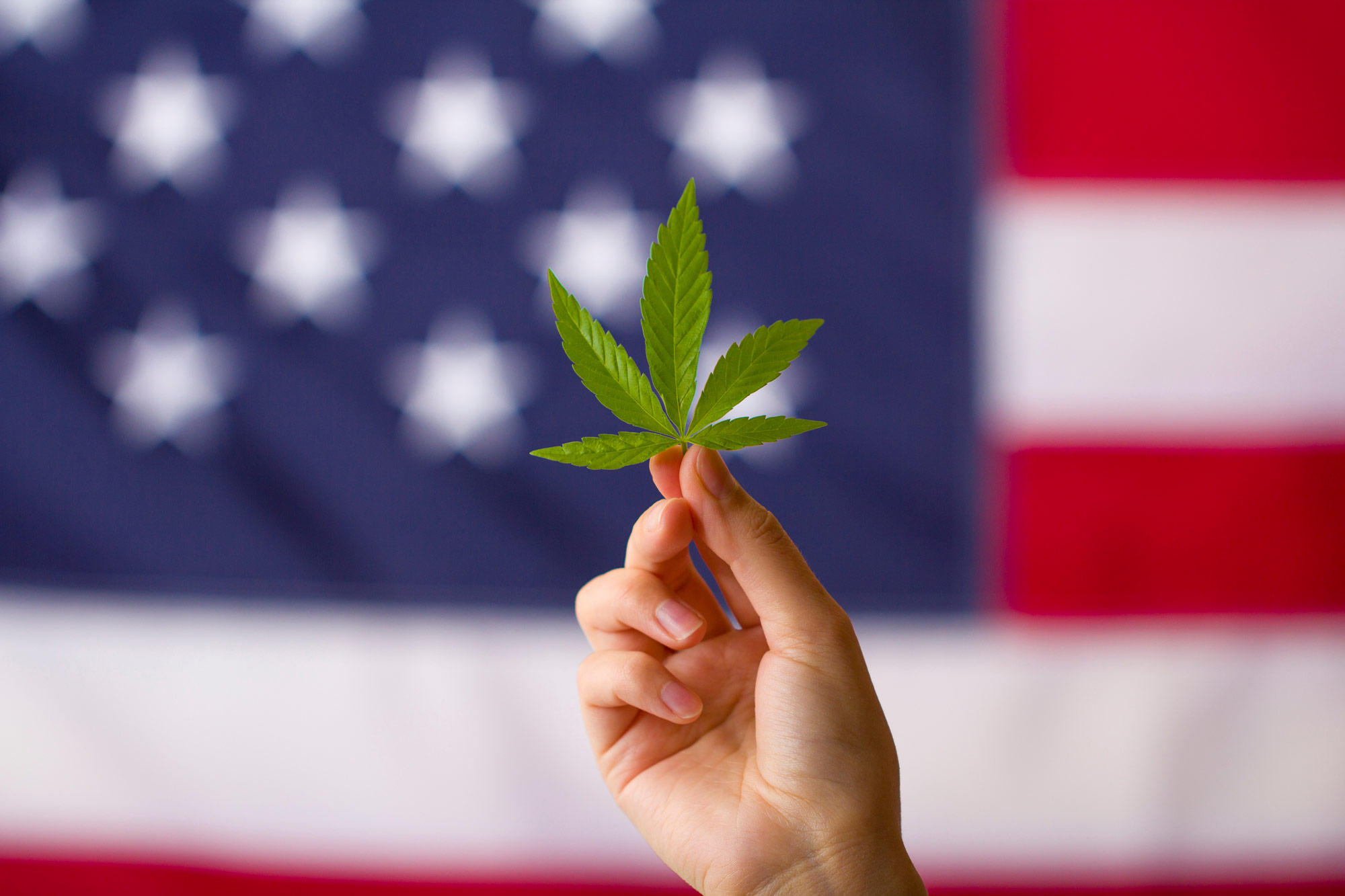
Marijuana and the workplace: employer rights, employee protections
Despite the continued classification of marijuana as a Schedule I substance by the federal government, states are rapidly adopting new laws legalizing both the medical and recreational use of marijuana. As a result of this myriad of laws, employers must be vigilant in ensuring that their policies and practices do not allow for discrimination based on marijuana use, particularly as to their drug-testing procedures.
Medical vs. recreational use protections
Thirty-nine states have approved the use of medical marijuana, and 21 of those, along with Washington D.C., have approved the use of recreational marijuana.
Expanding upon that trend, several states and several municipalities protect the employment rights of marijuana users. California, Connecticut, Missouri, Montana, Nevada, New Jersey, New York, and Rhode Island have enacted laws protecting users of recreational marijuana, although California’s law does not take effect until 2024. A court recently ruled that Nevada’s law only protects applicants against pre-employment drug testing.
Laws in 23 states prohibit employers from discriminating against employees based on their use of medical marijuana. Those include Arizona, Arkansas, Connecticut, Delaware, the District of Columbia, Illinois, Missouri, Montana, Nevada, New Jersey, New Mexico, New York, Oklahoma, Pennsylvania, Puerto Rico, Rhode Island, South Dakota, Vermont, Virginia, and West Virginia. Courts in some of these states have interpreted state statutes to require additional protection for using medical marijuana to treat disabilities, while others have not.
Finally, laws in some states protect employees from discrimination based on legal, off-duty activities, such as drinking or smoking tobacco. Colorado has such a law, but the Colorado Supreme Court has held that the Colorado Lawful Off-Duty Activities statute does not prohibit employers from being terminated for using medical marijuana away from work. The court reasoned that medical marijuana was not covered under that law because the use of marijuana remains illegal under federal law. Therefore, it did not fall within the definition of “lawful off-duty activities.”
While no law protects employees who use marijuana while on the job, there is also currently no test that identifies whether the use of marijuana was current or recent. Marijuana is detectable in body fluids for up to 30 days after it was last used. Further complicating matters is the fact that the legal use of CBD may lead to employees testing positive for marijuana, even though the oil may not exceed .3% of THC (the federal legal limit).
Marijuana legalization: what’s an employer to do?
The first thing is to rethink traditional attitudes toward marijuana. Instead of thinking of marijuana as a Schedule I drug (even if it remains such under federal law), employers may approach marijuana as it does alcohol in the workplace. The big difference is that, as mentioned, employers can test for current use of alcohol. One solution is to eliminate testing for marijuana altogether. After all, in many of these states, a positive result alone would not constitute grounds for an adverse employment action.
A logical question to follow is, “What if we stop testing and marijuana use leads to an issue that harms a third party? Wouldn’t we then be liable?” While liability to third parties is always of concern, now the risk of discriminating against employees for their use of marijuana presents potential for liability as well. The key, then, maybe not to focus on marijuana use, but to focus on any behaviors of employees that could place third parties in harm’s way.
Employer rights
Employers remain free to take adverse action against employees who are not meeting job requirements or safety standards. The focus should be on the behaviors that do not meet expectations, not any potential causes underlying them. By objectively focusing on an individual’s performance, employers can navigate work concerns without risking claims of discrimination.
Employers may also consider a program for detecting impairment in the workplace, whether such an impairment derives from marijuana, alcohol, or another substance. They may train employees in impairment recognition and should thoroughly document any instances of suspected impairment.
In the meantime, employers should stay abreast of developments in technology that may, in the future, allow them to test for current use of marijuana. As these laws continue to proliferate, employers should also monitor legal developments regarding marijuana in every state in which they have employees.



